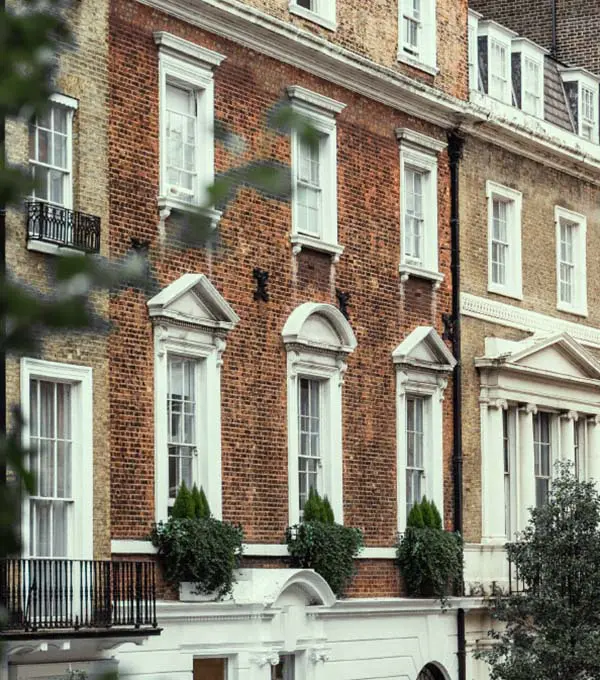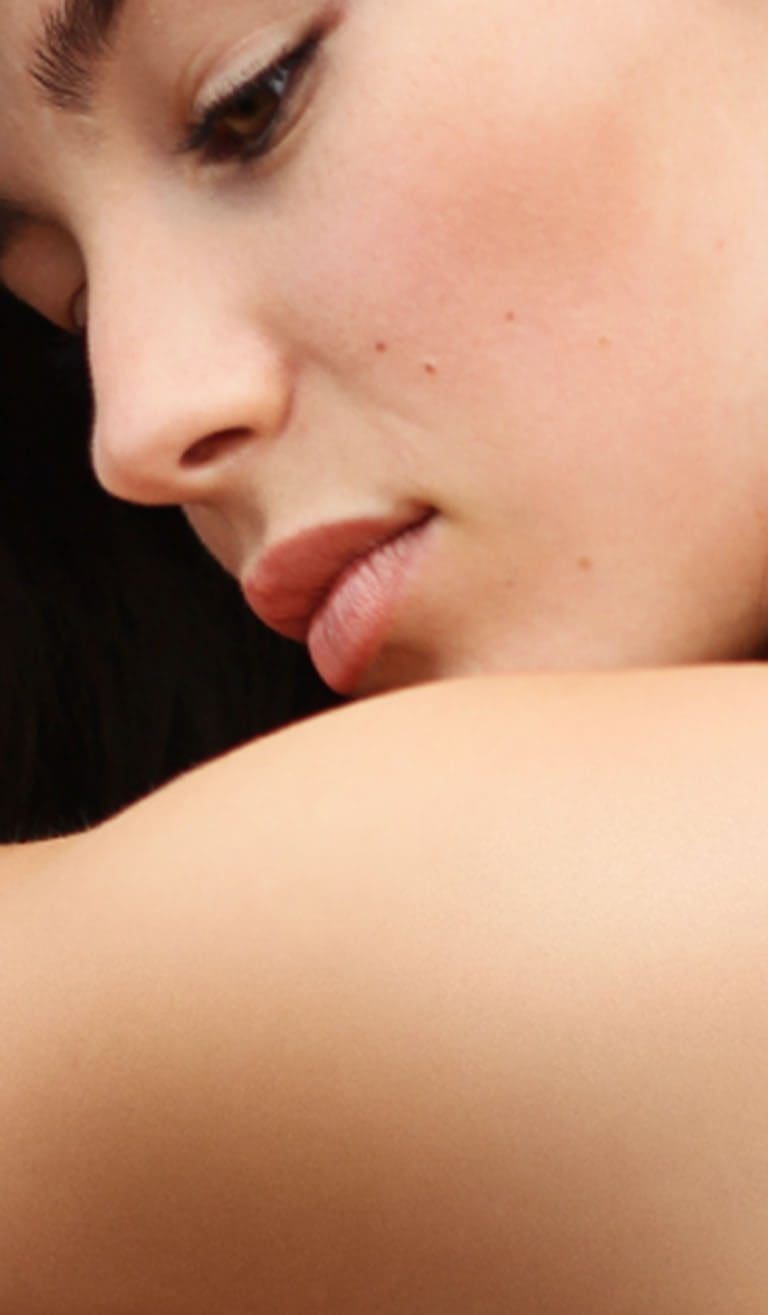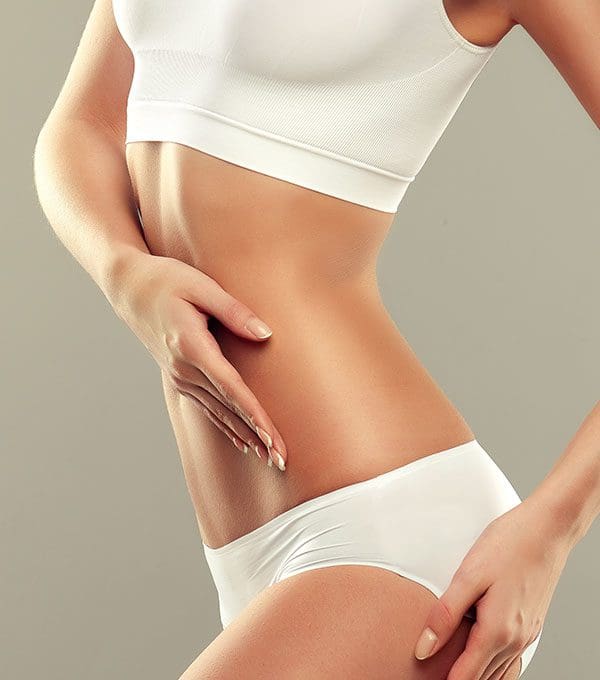Questions answered about bruxism teeth grinding jaw clenching TMJ treatment
What do our clients think? Average 5 out of 5 based on 577 reviewsRead all reviews
Transcript
Does the bruxism/teeth grinding treatment hurt?
It’s a series of small injections, usually it’s not painful. It’s just a slight sting but it’s over very quickly.
After how many treatments will the result be permanent?
Unfortunately the bruxism treatment is not permanent. However, we have noticed there is an improvement over time in your symptoms generally and the treatment seems to last longer every time you have it as well.
Will the treatment reduce the size of my jaw and how does this work?
The masseter muscles, the ones that are injected with Botox, can reduce in size slightly. However, this won’t have an impact on the jawline particularly apart from it can soften the jawline.
Will the treatment for teeth grinding affect my ability to smile or chew?
That can be a side effect. However, we try to inject the masseter muscle, the muscle that we’re trying to soften, in a way that we try and minimise those side effects.
Can reducing my jaw muscles make my jawline look more saggy?
The jawline doesn’t look more saggy. There are plenty of tissues just above the muscle which support the skin so we haven’t noticed that is a problem.
Is it safe?
If it’s done in the correct hands, it’s safe. However, there are side effects and complications which we will discuss with our patients when they go through the process.
What are the risks and contra-indications?
Unfortunately you can’t have bruxism treatment if you’re pregnant, or breast feeding or have any neurological problems which we’ll discuss before you have any treatment. Risks are usually minimal and include bleeding, bruising, mild swelling intially and there’s a very small chance of infection. There can be some weakness with the jaw muscle but again this is rare.
Who is a suitable candidate for this treatment and what are the treatment options?
Most patients who have bruxism or teeth grinding have usually their GP or their dentist for the problem. Sometimes they’re prescribed painkillers, or mild sedation and sometimes the dentist has prescribed them a plate to be used at nighttime. These, unfortunately, can be ineffective so Botox has been found to be a great alternative for bruxism.
To arrange free consultation for Bruxism Treatment, kindly contact us and we will be delighted to organise that for you.
[sharethis]








